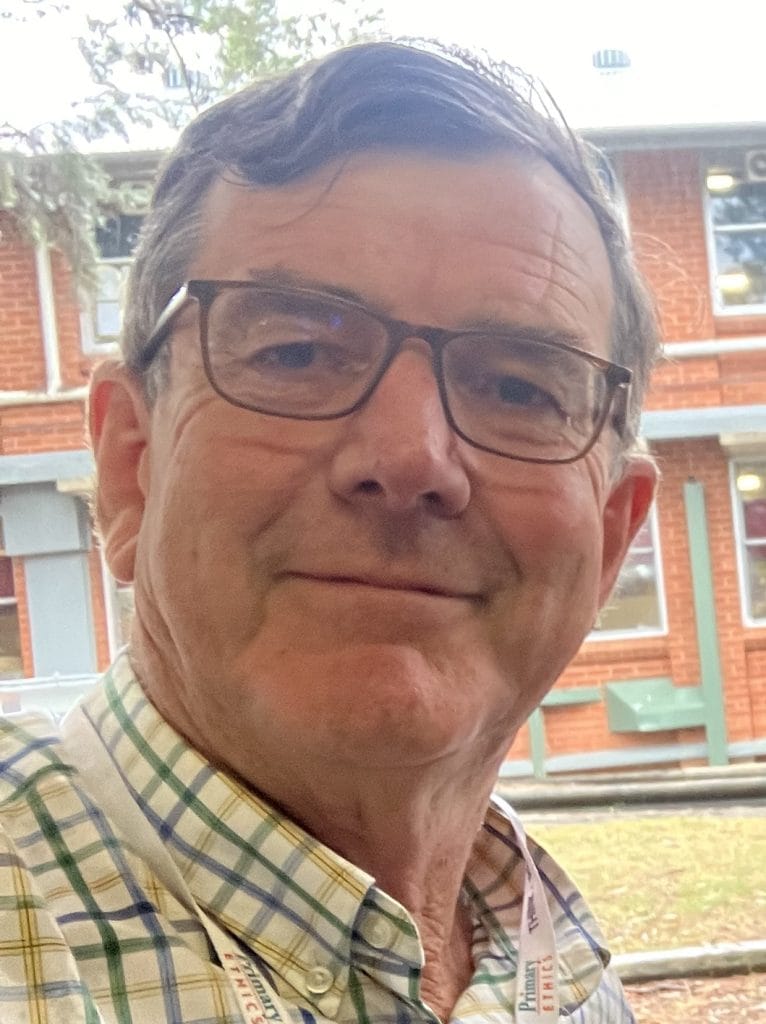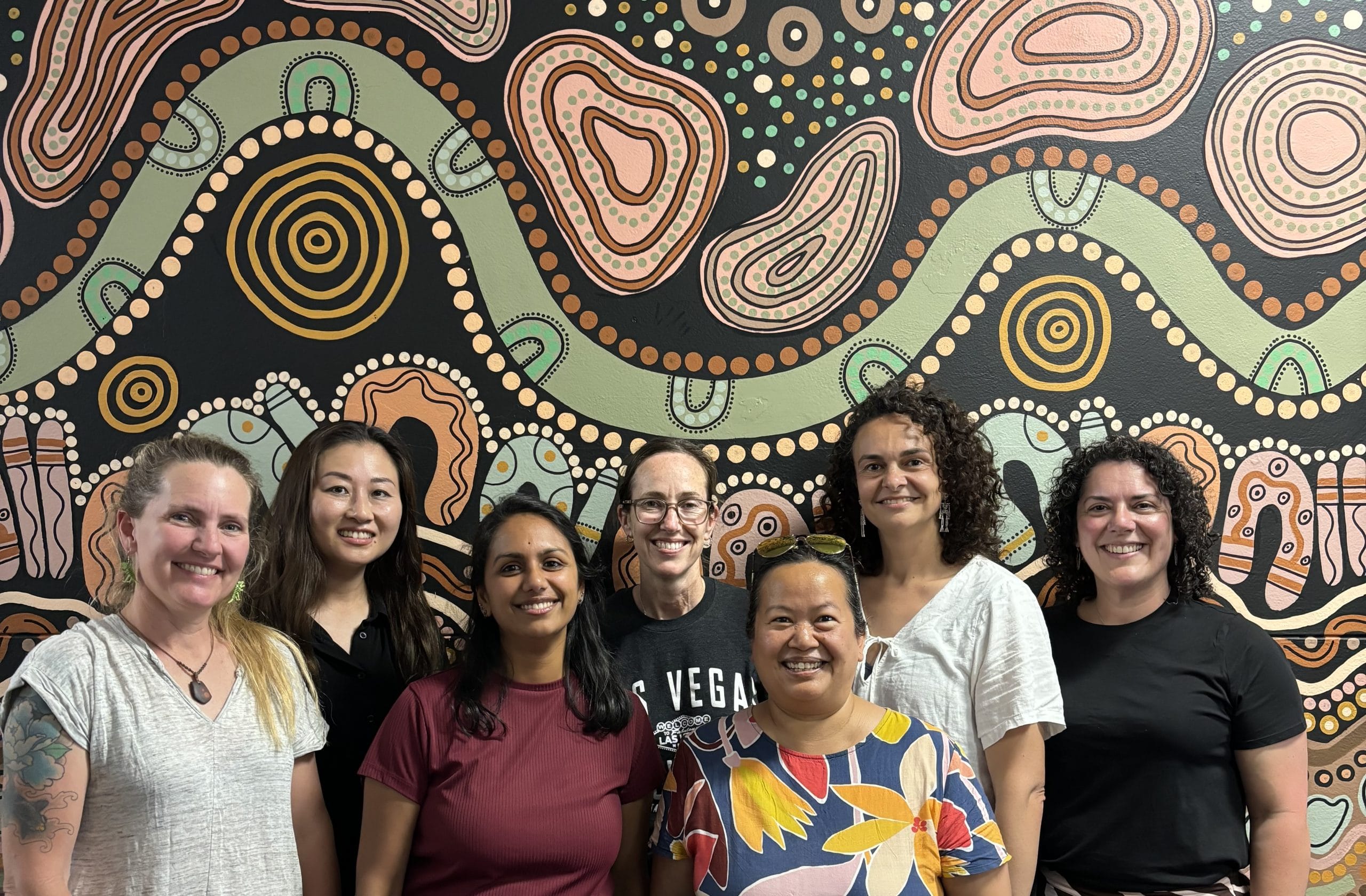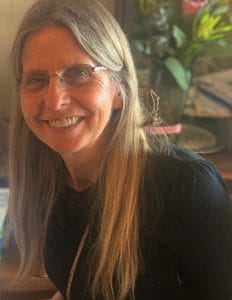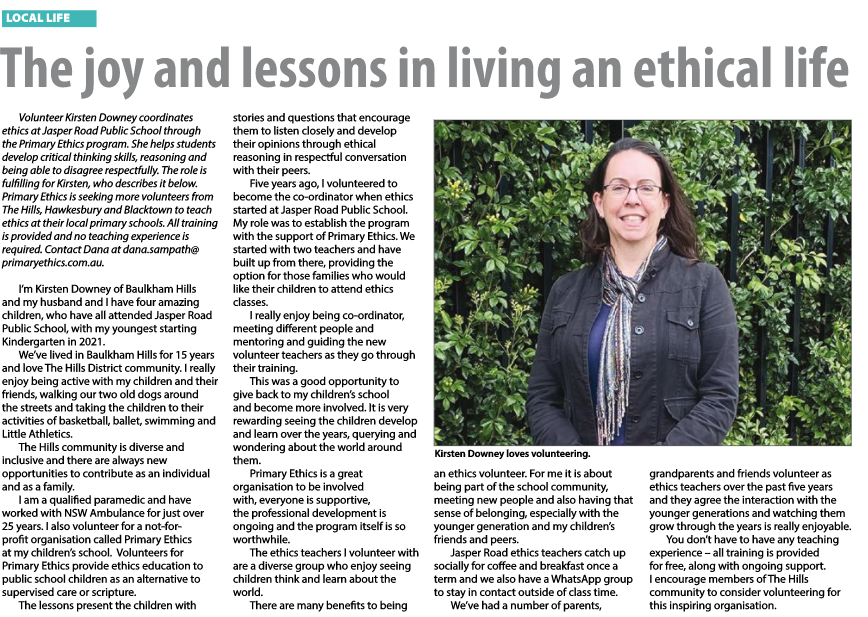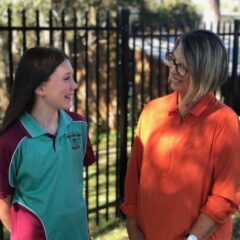A new leader for Primary Ethics
The appointment of a new Chief Operating Officer for 2026 has been announced by Roger Reidy, Chair of the Primary Ethics Board. “It gives me great pleasure to announce the appointment of Laura Ramos as Primary Ethics’ new Chief Operating Officer. Laura will commence with us on 12 January 2026”, Mr Reidy said.
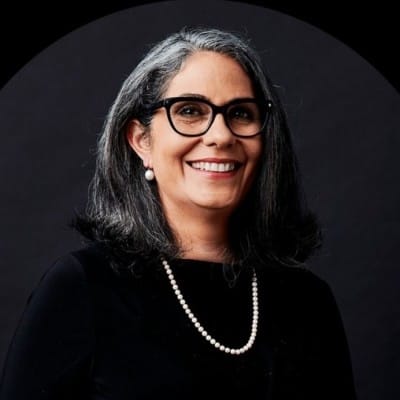
Laura brings a wealth of not-for-profit executive leadership experience to the organisation, Mr Reidy said. She impressed the Board as the standout person in a recruitment cycle that produced many talented candidates. “Laura will bring leadership, experience, business acumen and people management skills to build on our existing legacy and make our company even stronger,” Mr Reidy said.
“Primary Ethics is continuing to operate in a period of transition towards a potential merger with our parent body, The Ethics Centre”, he continued. Laura will report to the Primary Ethics Board for the foreseeable future, as has retiring CEO Evan Hannah.
Laura’s expertise includes executive roles at the NSW Department of Education, NSW Department of Family and Community Services and Services Australia. In addition, she has led strategy as CEO, Schools Industry Partnership (a youth-focused not-for-profit in Western Sydney) and as CMO at Achieve Australia (a large NDIS provider).
She has also worked in the startup sector developing innovative services to support older women and persons living with cognitive impairment.
Laura’s academic background includes a Master of Business Administration (Executive) from the Australian Graduate School of Management and PhD research in Human Computer Interaction at the University of Technology Sydney.
Originally from Puerto Rico, Laura has called Sydney home since the early 2000s. “My two daughters have positive and lasting memories of the ethics lessons they took in primary school, supported by the dedicated volunteers and exceptional curriculum from Primary Ethics”, Laura said.

